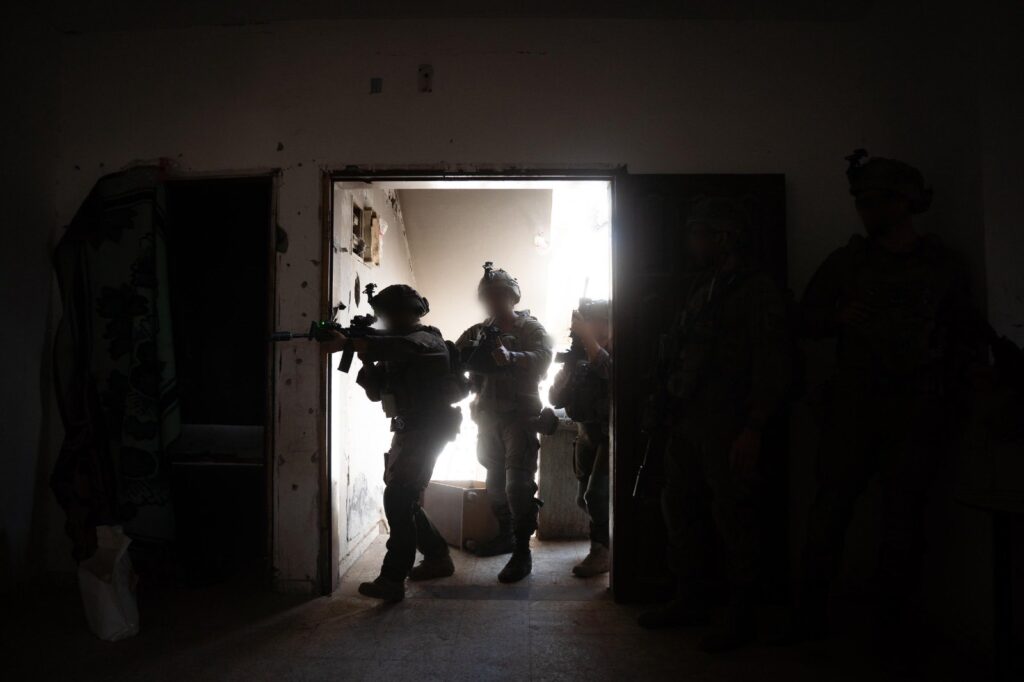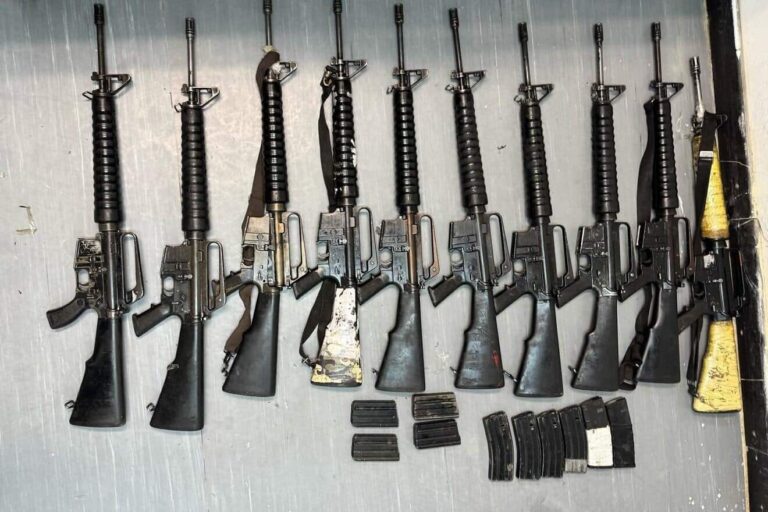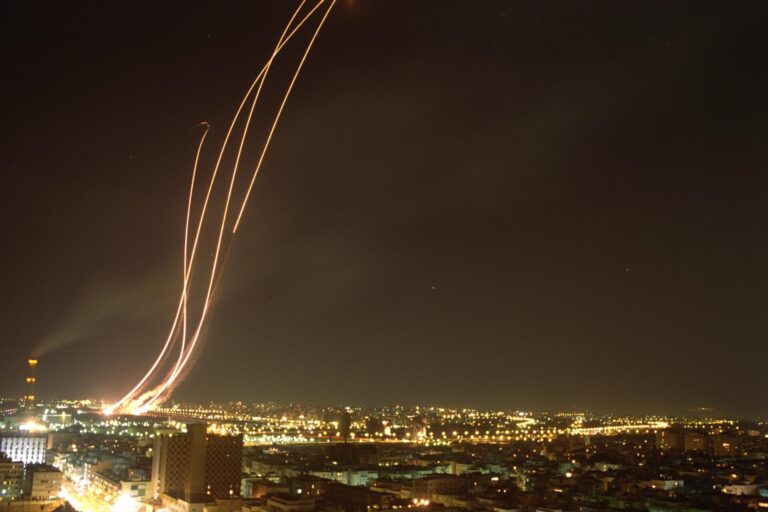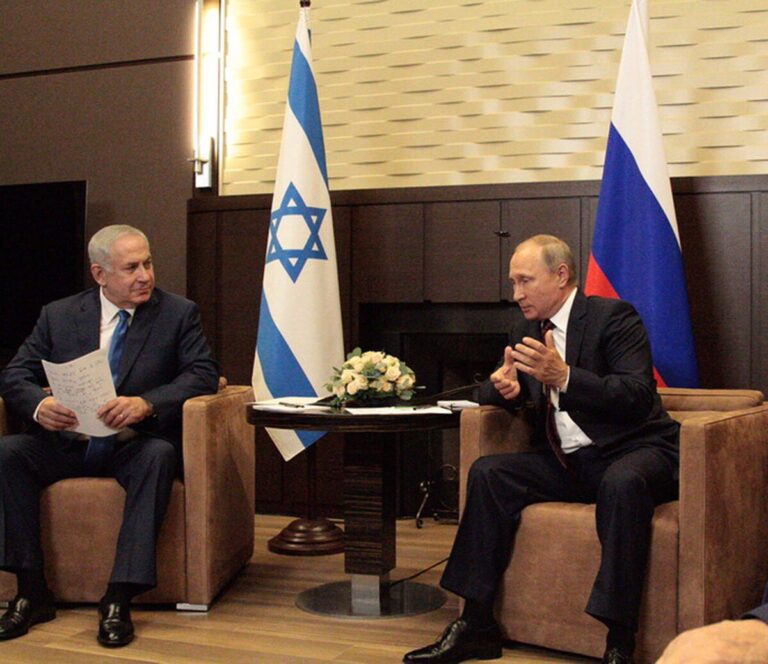While there’s no shortage of doom and gloom predictions over Israel’s war in Gaza, there’s one group in particular that is dreading the IDF’s planned takeover of Gaza City: Hamas. How could this impact hostage release negotiations? And is it also connected somehow to the Gulf states? I explored this in my Shabbat column for Israel Hayom, an excerpt of which is below.
***
It’s a shame Israelis don’t hear what senior Hamas officials have been saying in recent days. If they did, they might feel a bit more encouraged and argue a bit less. The organization is in complete hysteria over Israel’s threats to enter Gaza City. The euphoria following the “Al-Aqsa Flood” has evaporated, and the effectiveness of the starvation campaign has ended. In fact, they no longer even speak of October 7 as a victory that brought huge achievements and returned the Palestinian issue to the center of global attention.
This week, Belgium distanced itself from Palestinian recognition, while the United States once again made clear, through Steve Witkoff, that Hamas must leave Gaza quickly.
Within Hamas, the entry into Gaza City is being called “the final battle.” In their view, every country has abandoned them except Yemen. Iran has stopped its support, and even the Qatari money that stirs debate in Israel is, from their perspective, proof that Doha too has abandoned them.
That is the reason for Hamas’ lowered demands, for their support of a partial deal. Entry into Gaza City, as Hamas sees it, could seal their fate entirely. Total surrender and the return of all hostages, however, is not on the table, since for them that would be the final nail in the coffin of Yahya Sinwar’s vision. After all, he ordered the October 7 massacre in an attempt to prevent Israeli normalization with Saudi Arabia. An Israeli victory in Gaza, however, would also bring along Syria, Lebanon, and other states.
But Benjamin Netanyahu is unwilling to accept a partial deal. This leads to two related questions: First, is it better to wave around the threat of entering Gaza City than to actually carry it out? Perhaps the threat of conquering the city is more effective than the slow, costly reality, in terms of both human lives and international legitimacy. Second, could this be an Israeli deception tactic? Maybe it’s a sophisticated way to force Hamas’ hand. What happens if, fearing an IDF takeover of the city, Hamas agrees to release more hostages in a partial deal?
Time and again, there are hints that between the two options — a partial or full deal — lies an entire spectrum. What did Donald Trump mean when he predicted the war would end “within the next two to three weeks”? Is it tied to talks with the Gulf states? What is Netanyahu confidant Ron Dermer doing on the Jerusalem-Abu Dhabi trail, and is it connected to the mysterious reports of optimism about the war’s imminent end and an “out-of-the-box” solution? The feeling is, by way of comparison, similar to the weeks before the Abraham Accords: that something big is brewing in the Gulf. It’s just not clear whether it will be ready before Israeli tanks reach Palestine Square.









